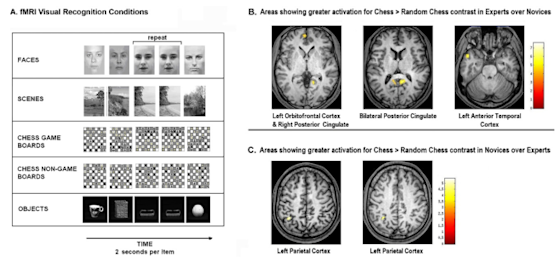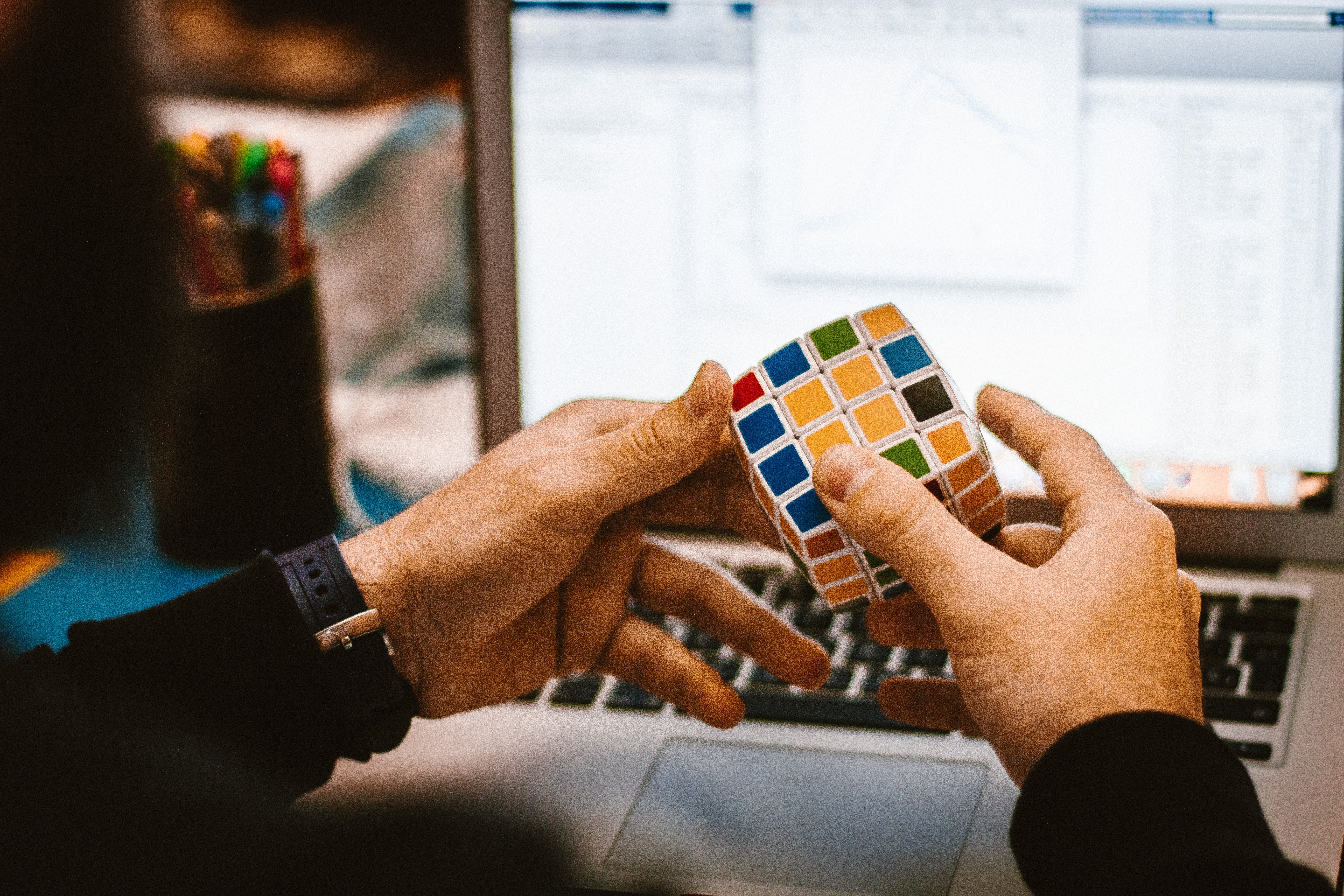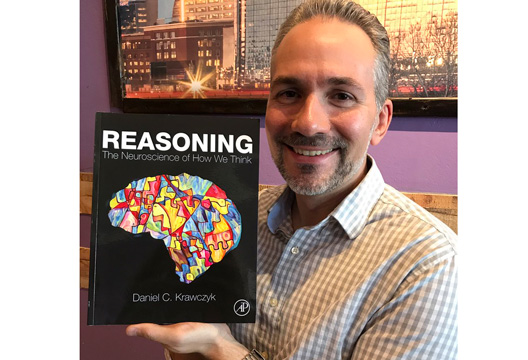Overview
The human visual system responds to expertise. Findings from studies exploring the neural basis of expertise have suggested regions of the brain that process faces also process other objects of expertise, like chess players process the components of a chess board. In this study, Dr. Krawczyk and researchers utilized fMRI to explore whether chess and face processing overlap in measured brain activity. To test their hypothesis, researchers recruited twelve healthy males, half chess experts and the other half novices. Researchers found that both novices and experts exhibited face-selective areas, but these regions did not show selectivity to chess configurations relative to other stimuli. Expert chess players did demonstrate greater activation in areas of the brain associated with expertise, but these areas are separate from the face-selective region. Overall, results suggest that expert visual processing may be similar at the level of recognition but not necessarily demonstrate the same neural regions.
(A) Examples of each category shown in the experimental task. Conditions included blocks of chess, random chess, faces, outdoor scenes, and objects. (B) Regions of significant difference within the experts over the novices on the chess > random chess contrast. (C) Regions significantly greater for novices over experts on the chess minus random chess contrast.



